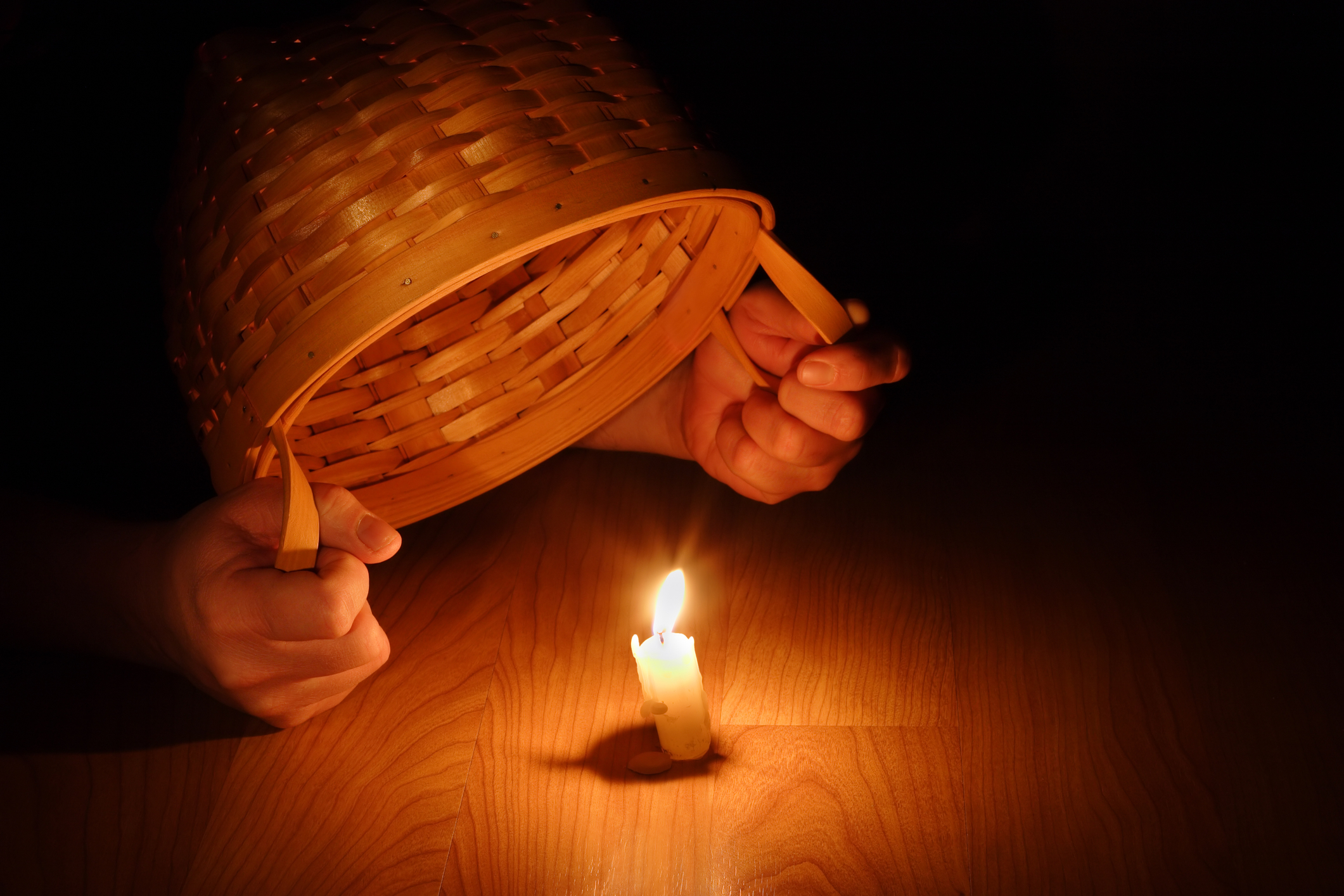I SUNDAY OF LENT - Genesis 2:7-9,3:1-7 and Matthew 4:1-11
The books of Genesis presents God fashioning man from the soil, breathing into him “the breath of life”. This indicates, on the one hand, our human fragility, because we are made of the dust of the earth animated by a breath that easily vanishes; and on the other hand, it indicates our dignity and our quality almost divine, because we have in ourselves the spirit (breath) of God. For human beings, God prepared a harmonious world, full of pleasant things to give them well-being and peace. In this harmonious and beautiful world, God gave only one rule: they should not eat the fruit of the "tree of the knowledge of good and evil" because it is a poisoned fruit. However, human beings see any rule as a denial of their freedom and an obstruction to their autonomy; and look at God as someone who destroys their dreams and prevents them from being themselves. The great sin of humanity is a cry of revolt against God, so that we become autonomous and independent, making our rules, deciding about good and evil and proclaiming ourselves to be gods. However, in the end, we have the same fate of Adam and Eve: like them, After all, we become ashamed of ourselves and of each other.
The story of Adam and Eve is not an old story devoid of any significance, because it sounds like a crazy story. In fact, it is a very actual story, speaking about ourselves and describing in a very simple manner the way humans try to live their lives. Today more than in the past, the humans affirm themselves and set themselves up as rulers of the universe, rejecting God’s commandments, so that they become the only judges of good and evil. God, if ever he existed, has died. We are the only gods and as the only true gods, we are the centre of the world. In this self-centredness, selfishness becomes rampant. We enjoy the fruits of our independence and our selfishness, but these fruits are poisonous; they bring envy, jealousy, hatred which bear violence, exploitation and oppression. We end up being slaves and bringing shame upon ourselves.
In the gospel (Mt 4:1-11), we find Jesus’ obedience and his total faithfulness to God, in contrast to Adam and Eve, the sinful humanity. Jesus was tempted like all of us, not only in the desert but throughout his life until the last moments, when he was dying on the cross. The temptations - those of Jesus and ours - are alternative proposals presented as beneficial and advantageous in order to achieve well-being and personal fulfilment. They always focus on ourselves, proposing to make life easier for us. It is as if everything revolves around us and we become the centre of the universe. In the first proposal, Jesus is told to use his divine power to solve his personal problems (his hunger), which become the only problems to which he must pay attention. In the second proposal, he is told to do something miraculous and extravagant (to throw himself down from the parapet of the temple), in order to gain fame and acquire followers. And finally, he is told to gain wealth and power in order to be the lord of the world, even if he has to resort to demonic powers and reject God. Jesus' temptations are an explanation of the temptations of Adam and Eve. They are the great temptations of humanity, promising progress, well-being, life in abundance and happiness. However, these proposals are false and misleading, leading us to hatred, violence, death and unhappiness.
We must choose which way we are going: either we behave like Adam and Eve, becoming gods unto ourselves or we decide to be faithful like Jesus, accepting God’s word and living by it.



